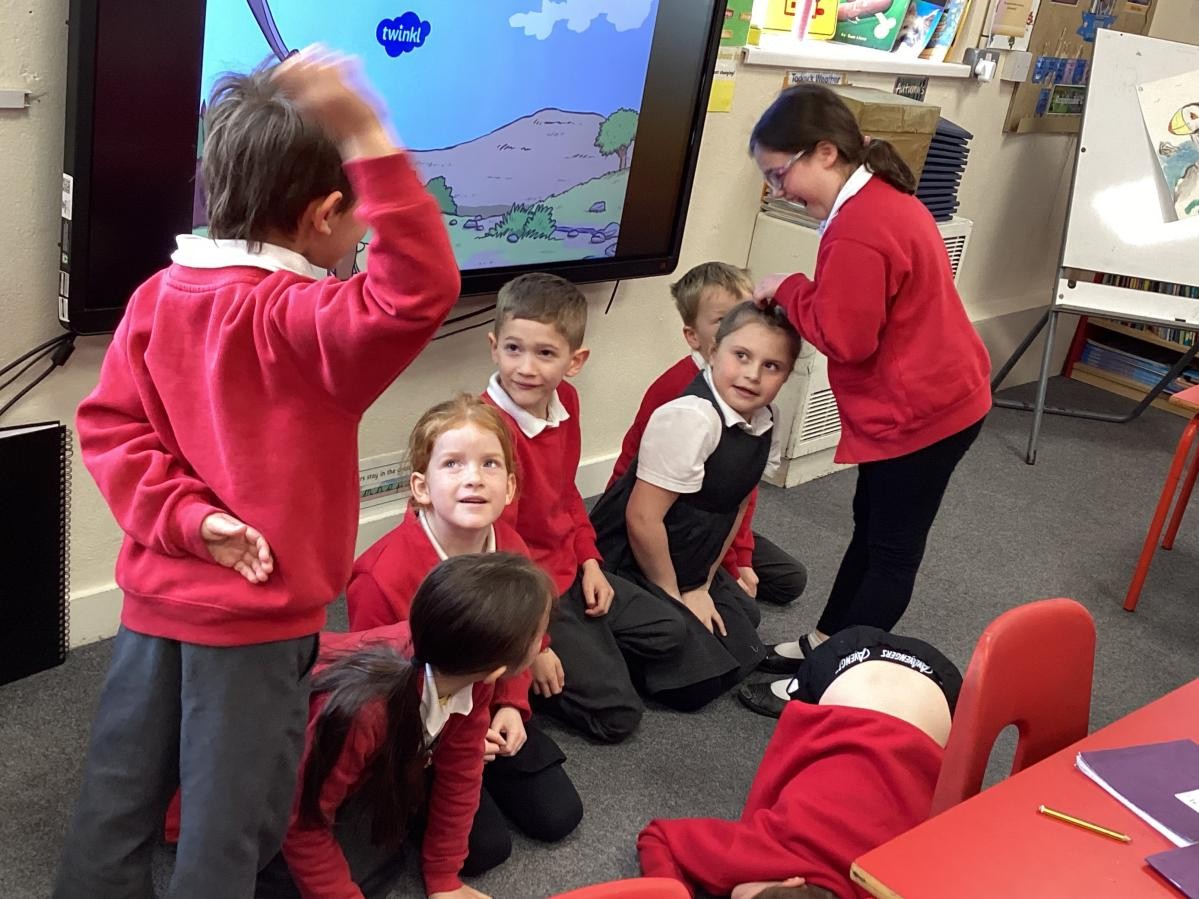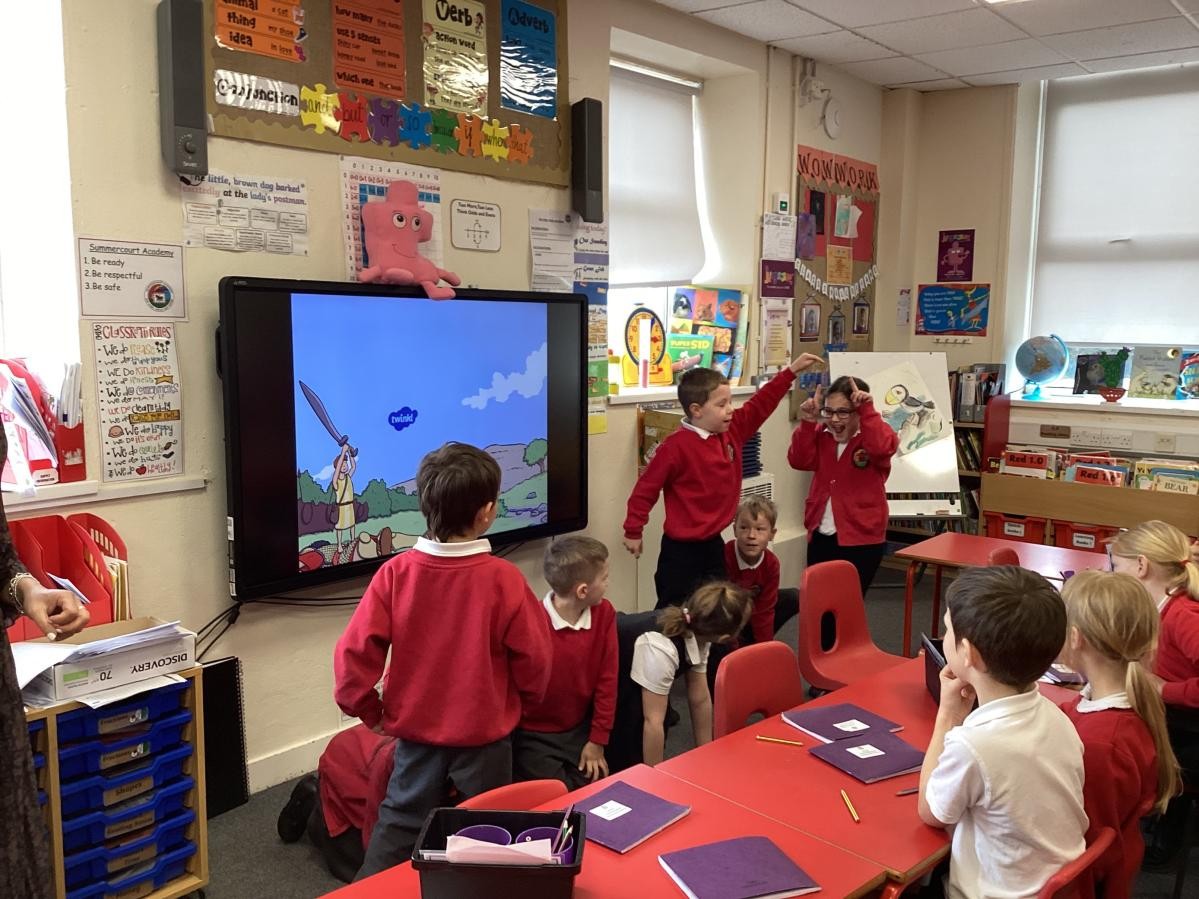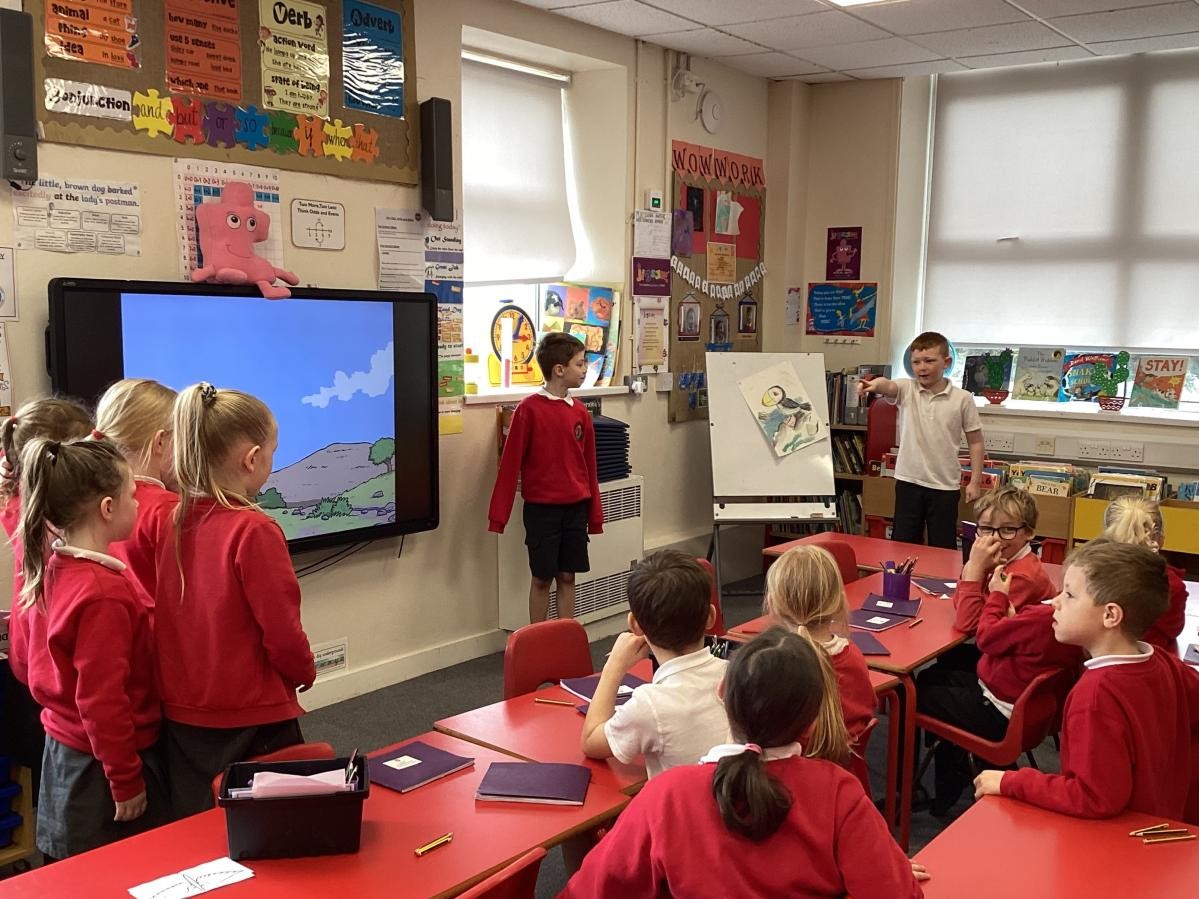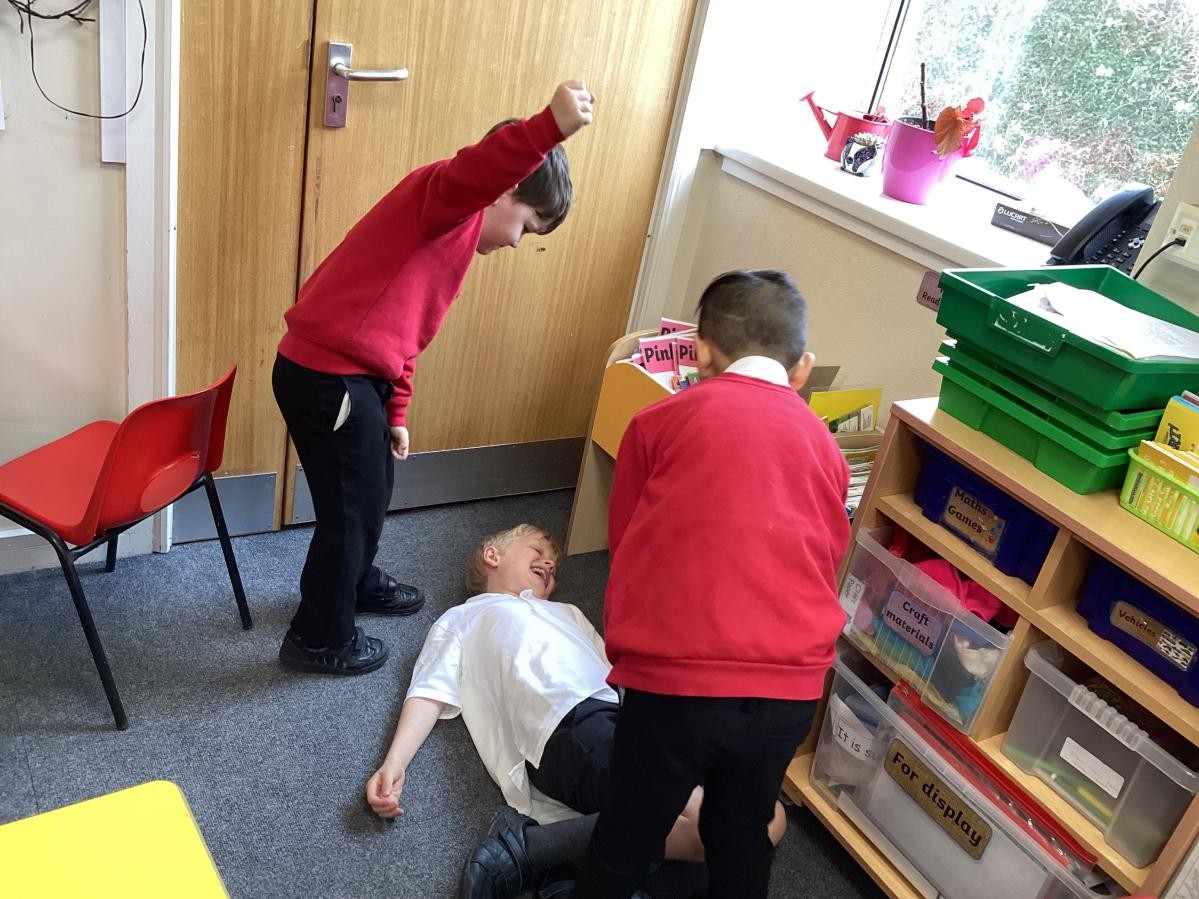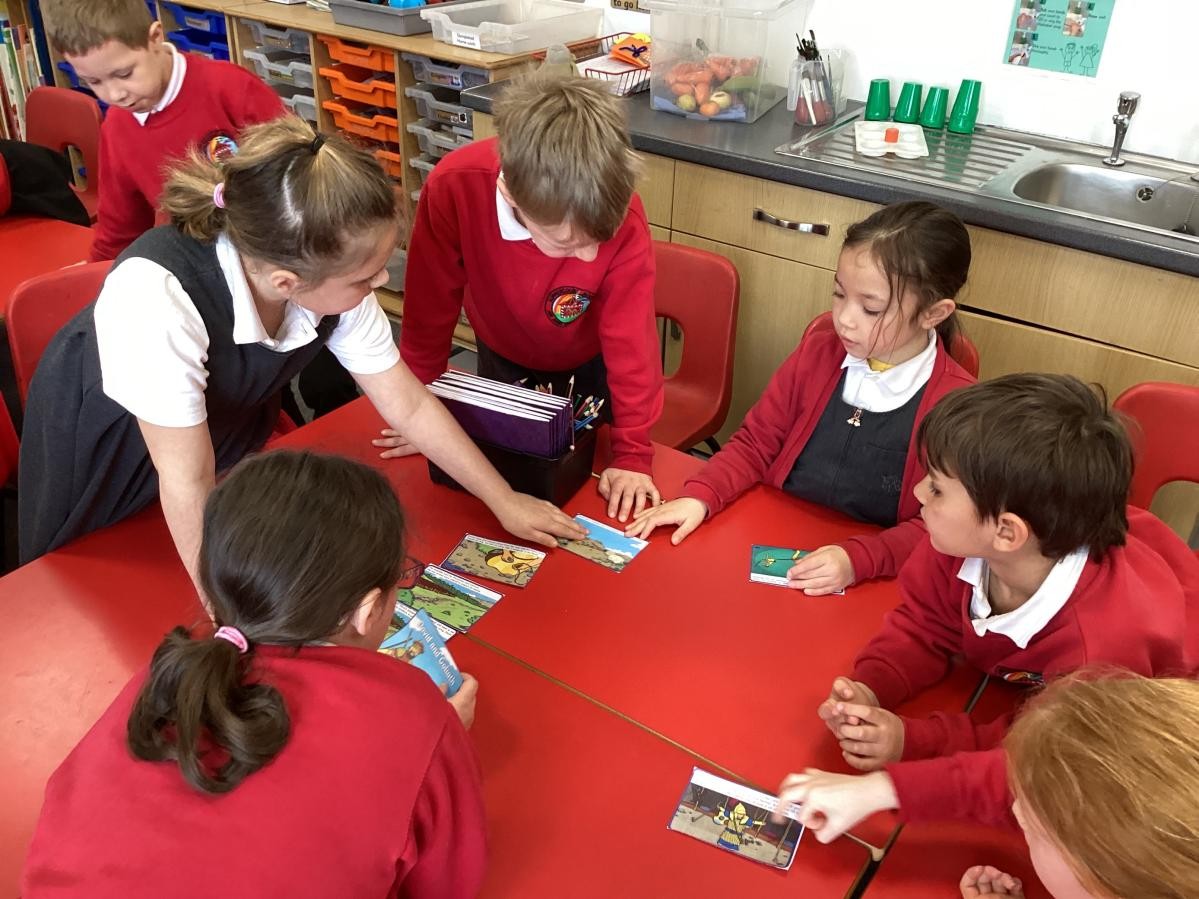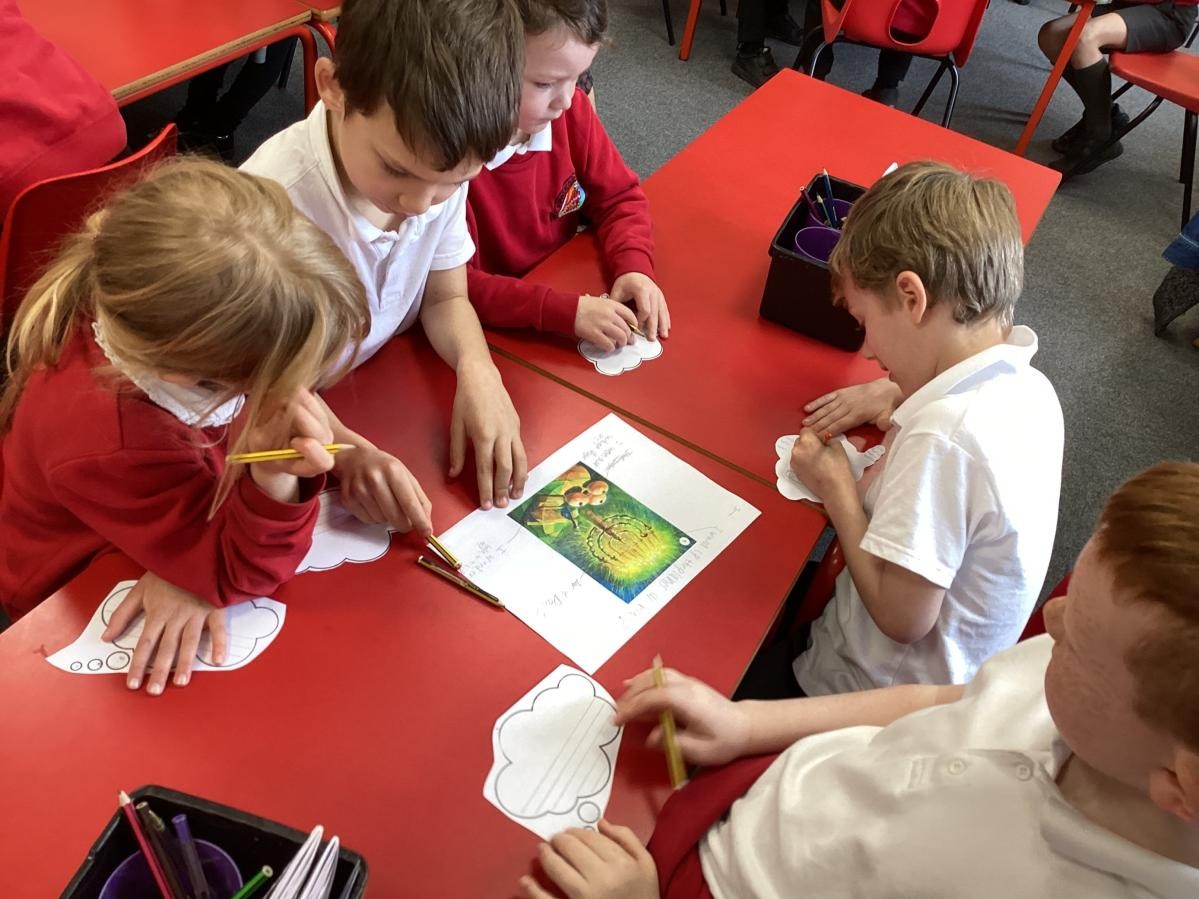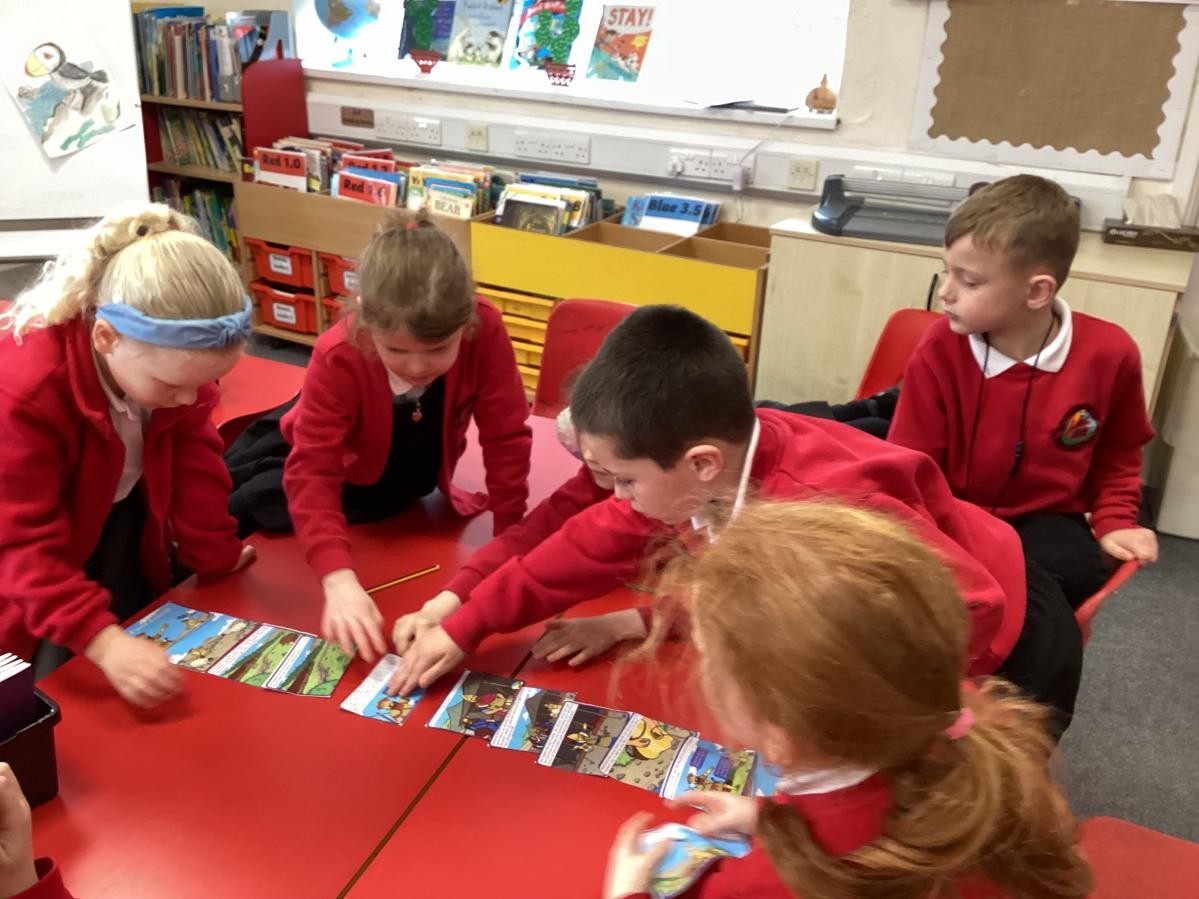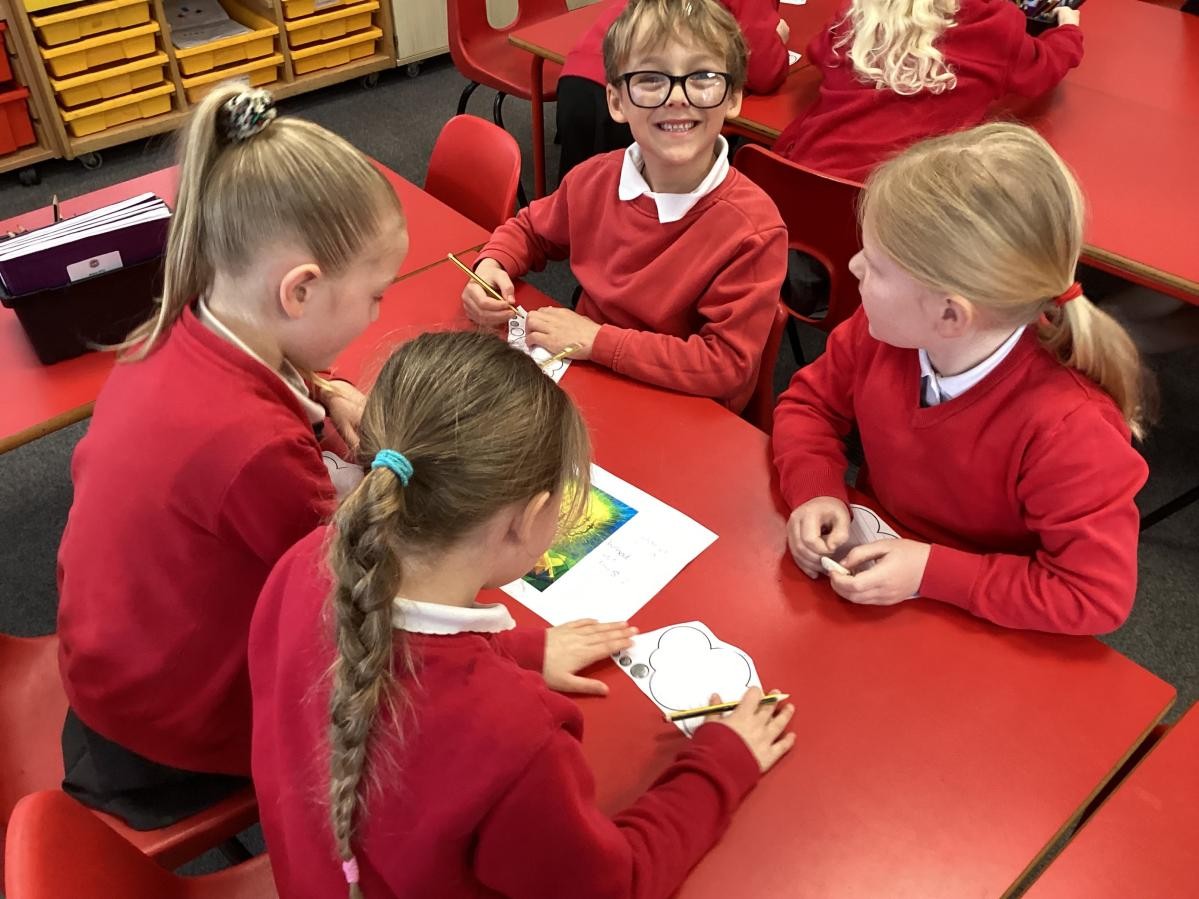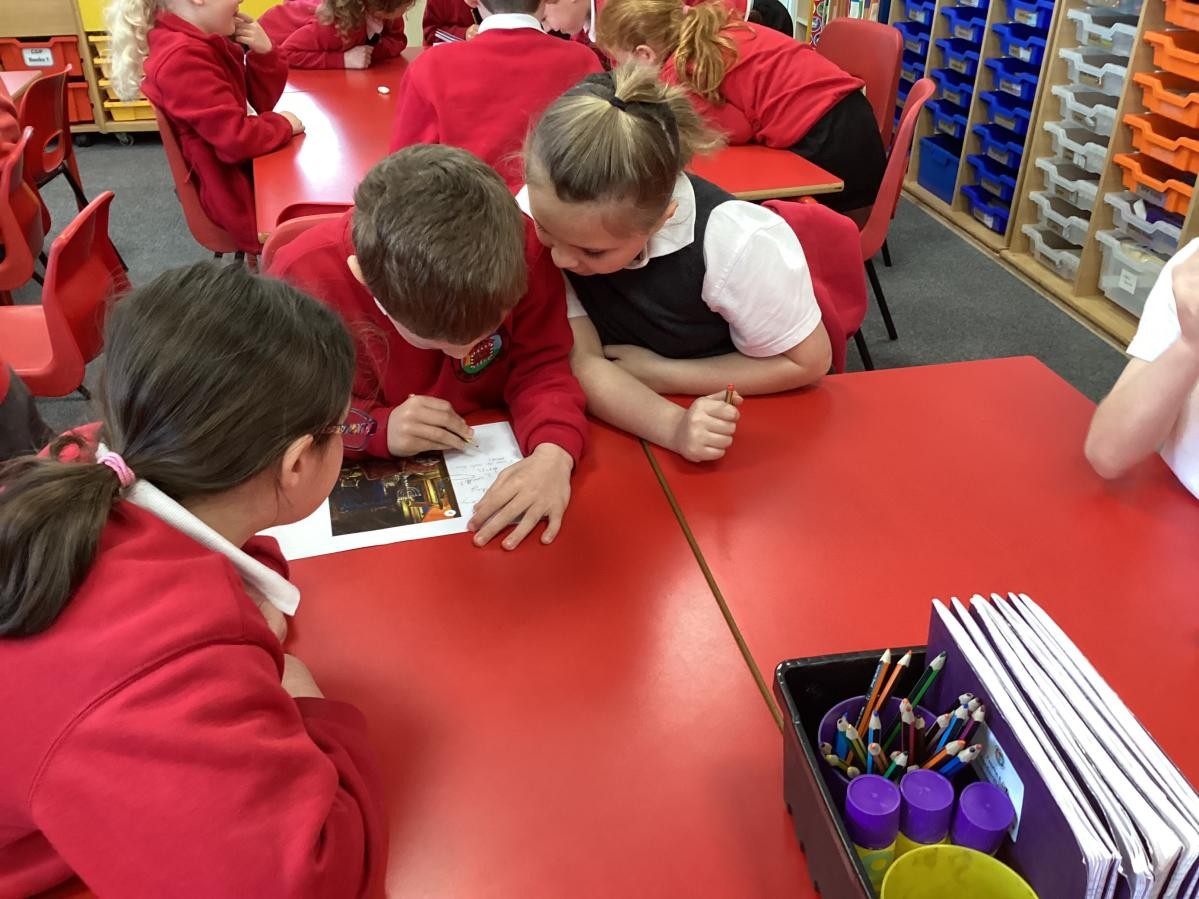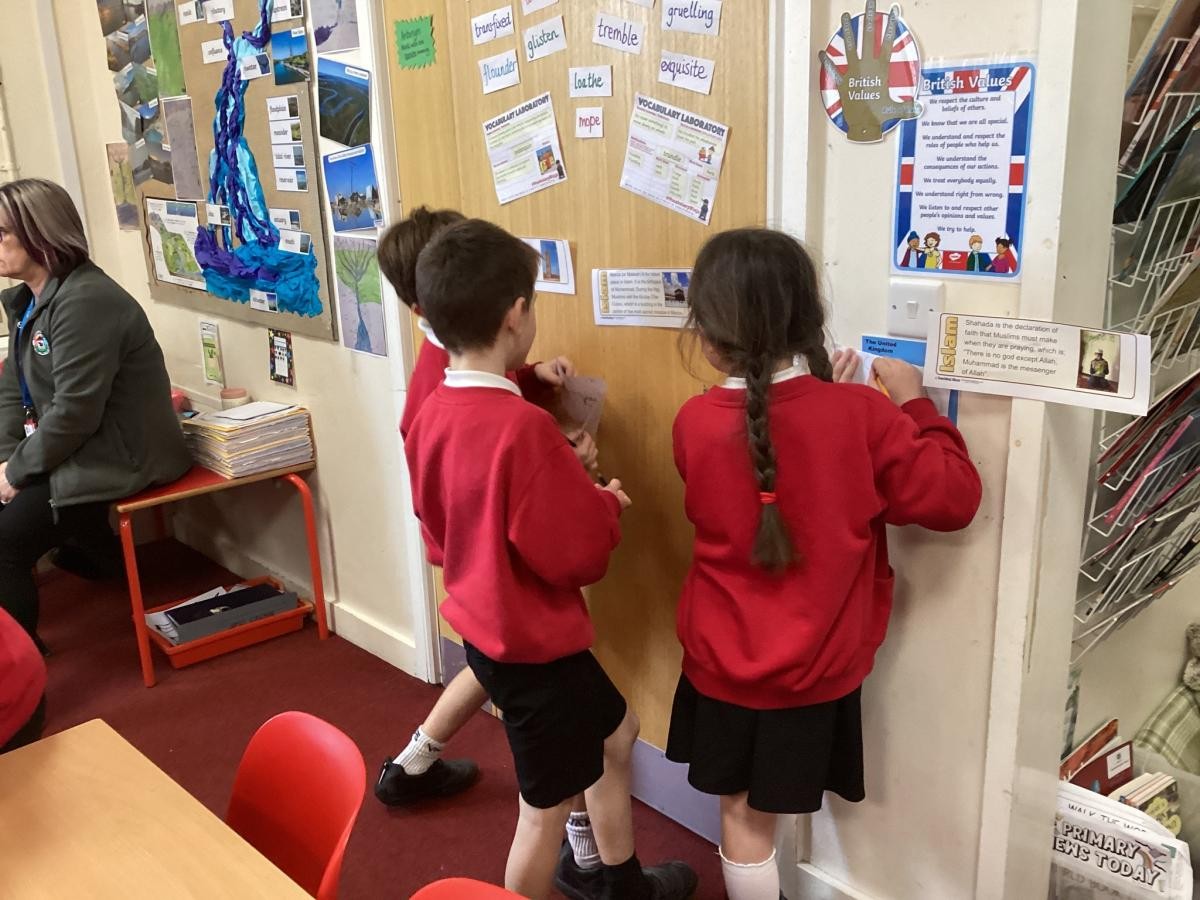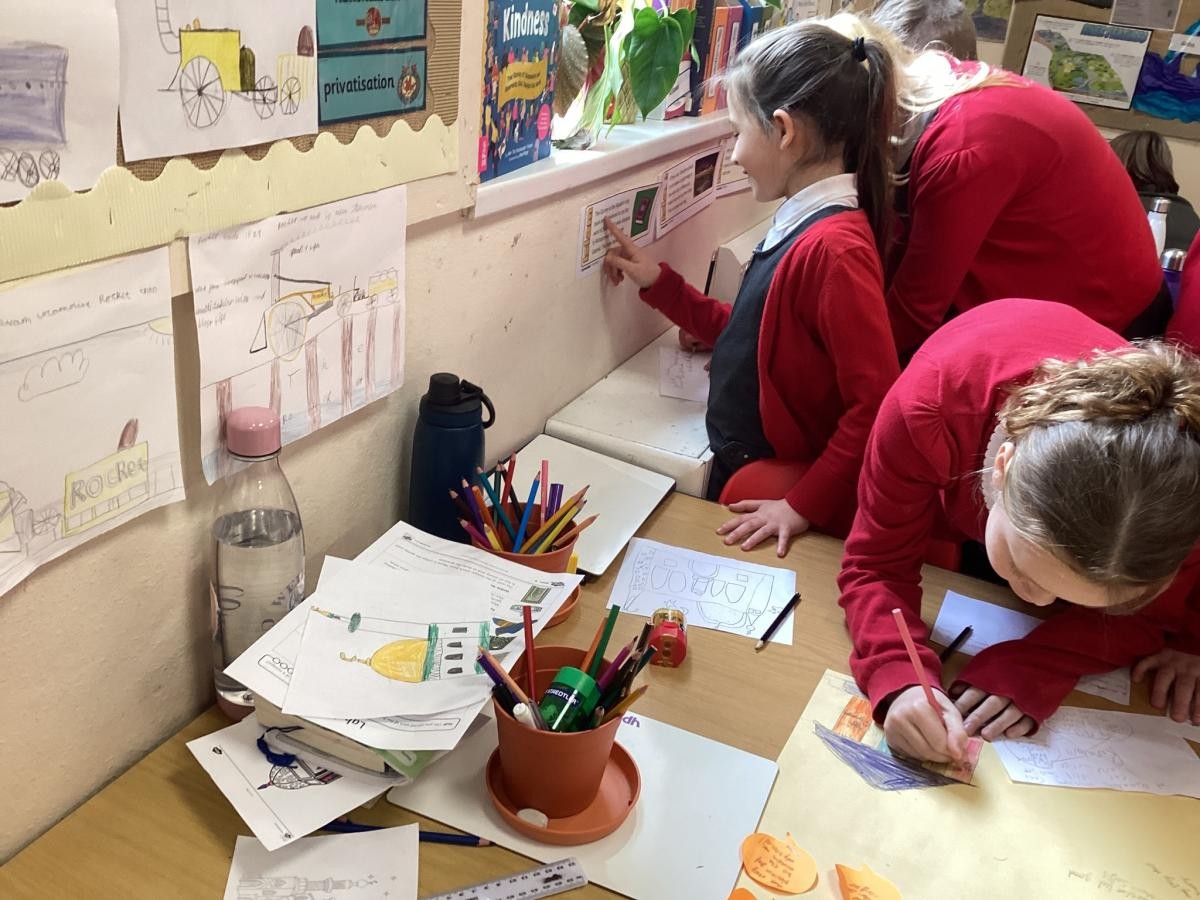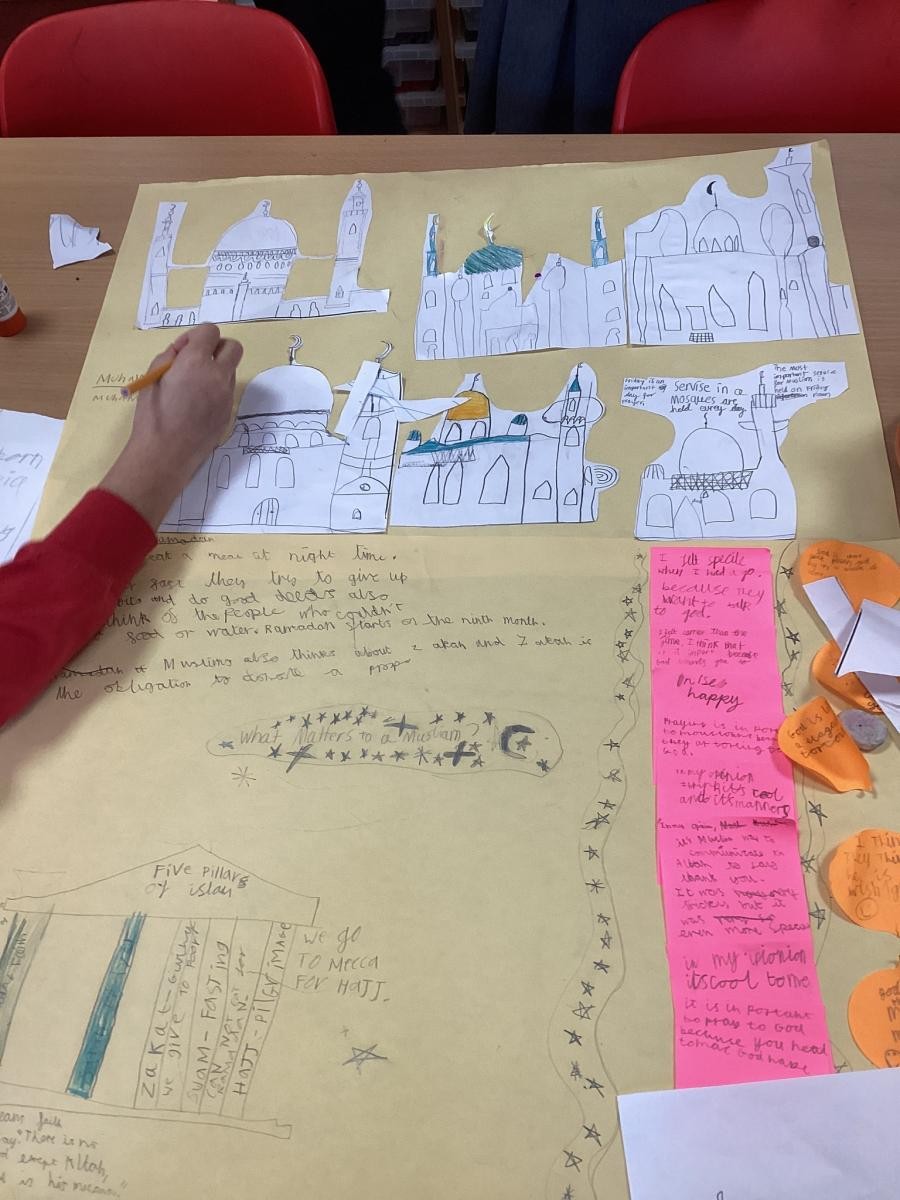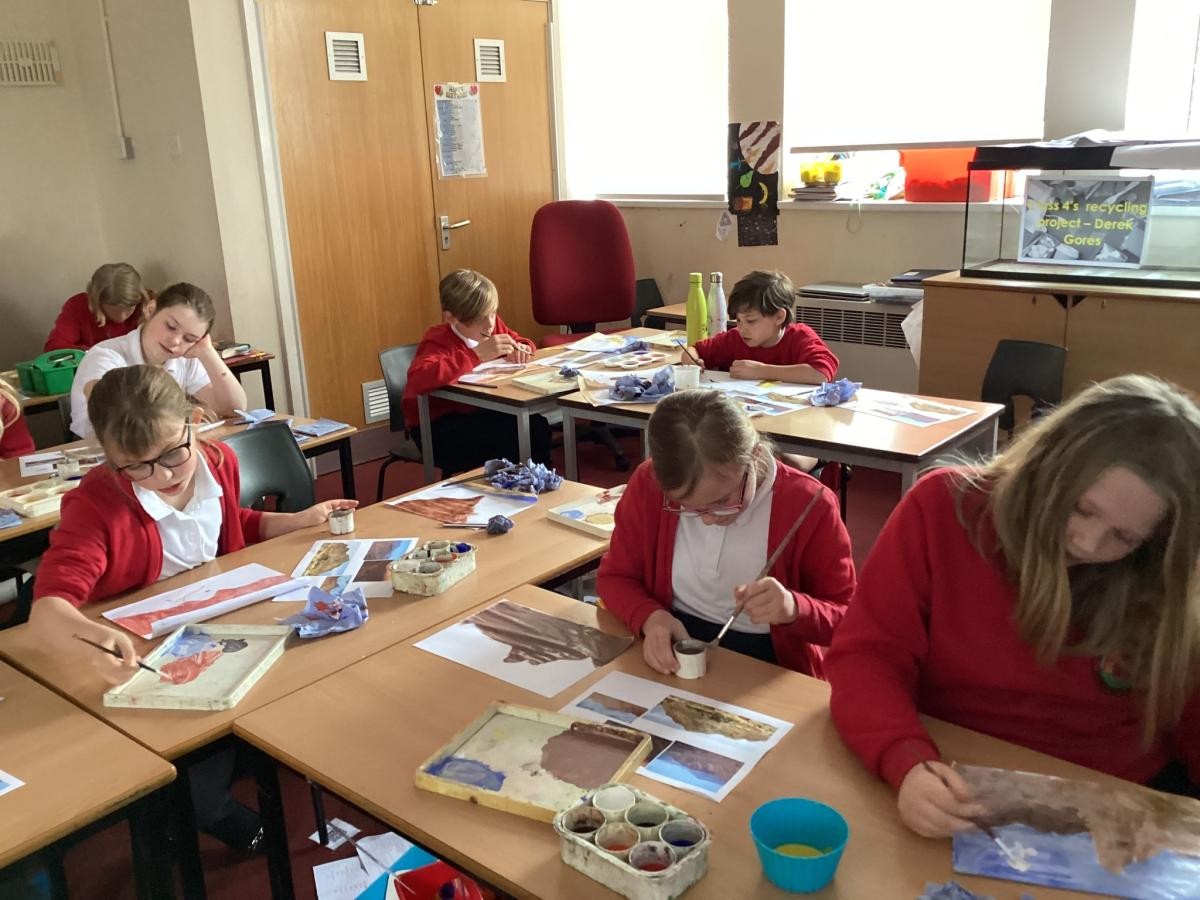Our Religious Education intent is for our pupils to be able to explore what people believe and what difference this makes to how they live. Through this, pupils can gain the knowledge, understanding and skills needed to handle questions raised by religion and belief, reflecting on their own ideas and ways of living.
At Summercourt Academy, RE teaching is based on the Cornwall Agreed Syllabus 2025-2030. We develop children’s knowledge and understanding of some of the major world faiths by exploring the beliefs, values and traditions of Christianity, Hinduism, Islam, and Judaism. At present, RE is delivered in half-termly RE Days, as well as being linked with other subjects as appropriate. We enhance our children’s understanding of our multicultural society and encourage respect and sensitivity towards other people and their beliefs.
As we have mixed aged classes at Summercourt Academy, we follow a 2-year rolling programme to enable us to meet all the requirements of the RE syllabus.
Our Aims
To ensure that all pupils:
- know about different religious traditions and non-religious world-views
- understand the main beliefs and practices of these traditions
- understand how religious identity influences people's lives.
- are able to express views about the nature, value and significance of religion for people and the planet
- have opportunities to consider challenging questions of meaning, purpose, truth, values and commitments. and the answers offered by religions and non-religious world views
- develop skills of enquiry, analysis and evaluation and be able to articulate their own considered ideas in relation to these challenging questions.
English legislation
RE is for all pupils
- Every pupil has a legal entitlement to RE.
- RE is a necessary part of a ‘broad and balanced curriculum’ and must be provided for all registered pupils in state-funded schools in England.
RE is locally determined, not nationally
- A locally agreed syllabus is a statutory syllabus for RE, recommended by a local standing advisory committee for RE (SACRE) for adoption by a local authority.
- RE is compulsory for all pupils in academies and free schools as set out in their funding agreements. This is a contractual responsibility. Academies may use their locally agreed syllabus, a different locally agreed syllabus (with the permission of the SACRE concerned) or may devise their own curriculum.
RE is multi-faith, and recognises the place of Christianity and the other principal religions in the UK. Non-religious worldviews are included
The RE curriculum, drawn up by a SACRE or used by an academy or free school, ‘shall reflect the fact that the religious traditions in Great Britain are in the main Christian, while taking account of the teaching and practices of the other principal religions represented in Great Britain’. Contemporary guidance from the Government makes clear that the breadth of RE will include the six principal religions of the UK and non- religious worldviews over the course of a child’s full academic journey.
Parental right of withdrawal from RE
This was first granted in 1944 when curricular RE was called ‘Religious Instruction’ and carried with it connotations of induction into the Christian faith. RE is very different now – open, broad and exploring a range of religious and non-religious worldviews. In the UK, parents still have the right to withdraw their children from RE on the grounds that they wish to provide their own RE. This provision will be the parents’ responsibility. This right of withdrawal exists for all pupils in all types of school, including schools with and without a religious designation. Parents also have the right to withdraw their child from part of RE and can do so without giving any explanation.
Any requests to withdraw a child from RE must be put in writing to the Head of School but we do encourage you to have a conversation with us about your concerns first.
Please see below for our long-term plan.




